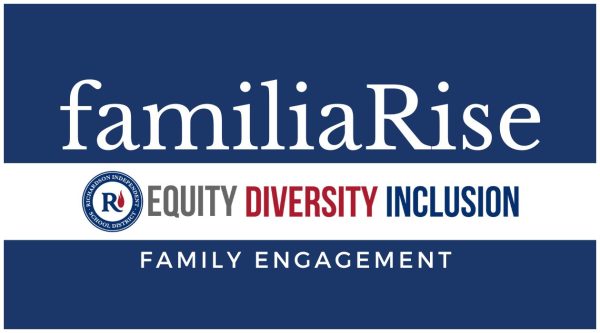In this week’s familiaRise segment, the SAGE RISD PTA talks about dietary differences in the community.
Students and teachers in RISD have a variety of dietary needs and practices. Some have disabilities or medical conditions that require avoidance of certain foods, including:
- Celiac disease is when gluten, found in wheat and some other grains, causes damage to the digestive system, leading to other health problems
- Food allergies occur when certain nuts, fruits, or other foods cause allergic reactions ranging from mild to extremely dangerous and life-threatening
- Diabetes forces a person to monitor blood sugar levels, affecting what and when they can eat
- A gastrostomy tube is used when certain medical conditions make it hard to get enough nutrition by mouth, and a G-tube is sometimes needed to bring nutrition and fluid directly to the stomach
- Lactose intolerance or sensitivity causes a person to limit the amount and type of dairy they consume
- Sensory sensitivities happen when people have diagnoses that include heightened sensitivity to textures, and they need to avoid certain foods
Many religious, cultural, and ethical beliefs also include observing special diets. A few examples include: fasting on religious holy days; refraining from eating pork, beef or shellfish; refraining from eating meat; avoiding using or eating animal products; choosing a food to give up for a religious observance; or eating special or traditional foods for certain holidays.
Dietary differences are often personal for the person following the diet. As parents, we can help our children understand and respect these differences. And when we volunteer in RISD schools, we can ask and keep these in mind when planning activities that involve food. Most importantly, learning and teaching our children about these differences can help them be accepting and supportive of classmates and friends, both now and in the future.
#UnderstandingDifferences #RISDBelievesInAllAbilities #RISDWeAreOne


